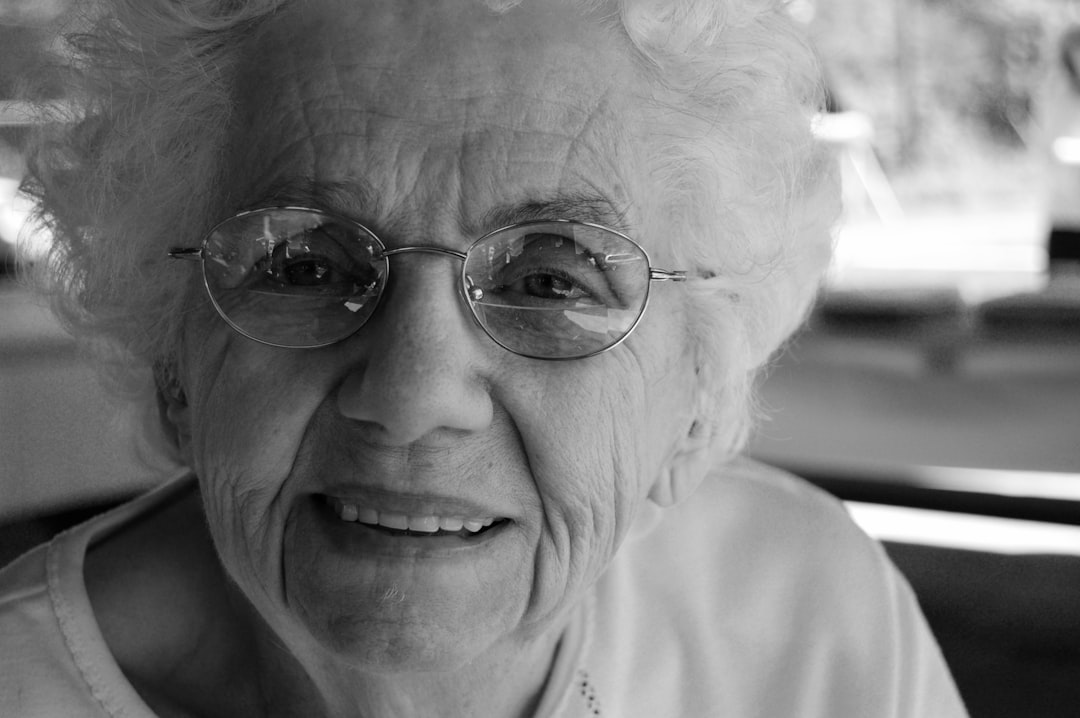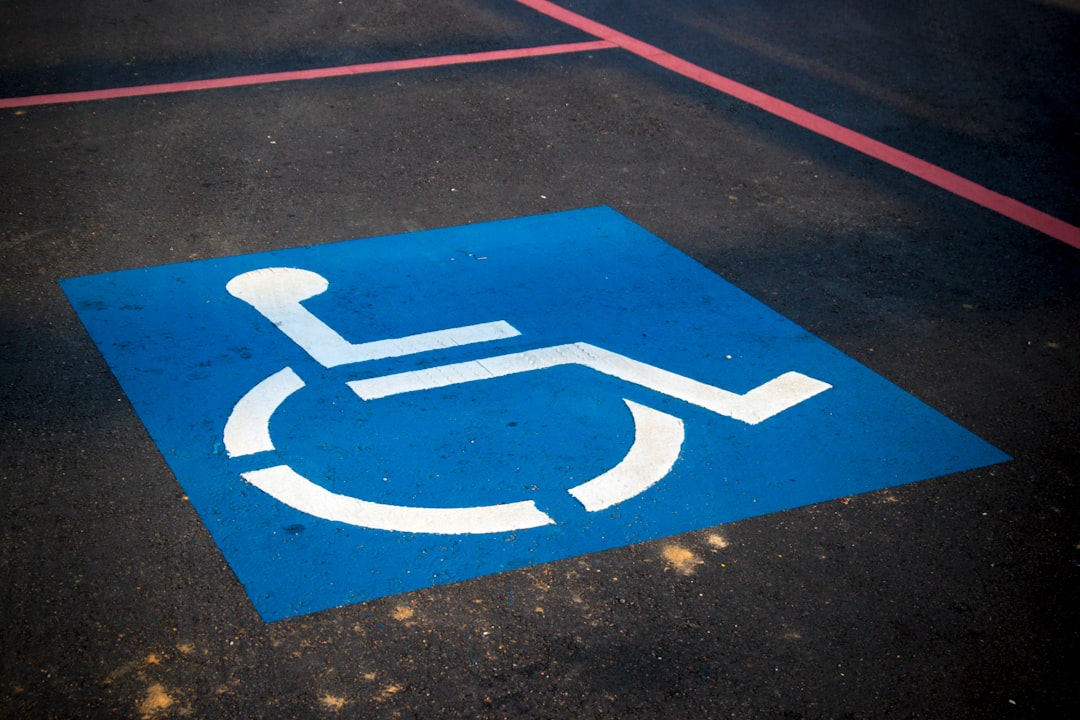What is it about?
The police have a key role in relation to vulnerable adults including people with mental illness in the community. Although effective collaboration between the police, social and health care, and housing are essential to support vulnerable adults, relationships between these agencies can be problematic. We talked to professionals from mental health, social care and police services to hear about their experiences and perceptions when working with vulnerable people and also analysed some police logs. Our focus was on anti-social behaviour. - understanding of roles and responsibilities from the perspectives of professionals, service users and carers - barriers and facilitators to effective joint working - examples of good practice This collaborative proposal involves two Police Forces and two Third Sector organisations that support service user and carer involvement. Data collection will take place in two comparison sites. A sample of routinely collected anti-social behaviour data relating to vulnerable adults will be analysed in-depth (n = 60). The analysis will inform further data collection; vignettes will be used in interviews (n= up-to 50) and focus groups (n = up-to 6) with key stakeholders. Additional data about partnership working will be collected through observations (up-to 6). Findings will inform developments in policy, practice and service provision, including the development of effective partnerships to underpin the delivery of integrated care.
Featured Image
Why is it important?
The resesearch is important as it highlights how very different perceptions of agencies are and what effect this has on people with mental health illness. For example, a professional from one agency might judge the person to be a vicitim of anti-social behaviour, whereas another might describe the person as a perpetrator. We also found a lack of clarity and agreement of what the police role should be in relation to people with mental health illness. Successful collaboration between agencies can help and support a person with mental health illness, for example to stay in their home, or to avoid sectioning. Good partnerships between agencies are based on a number of things such as effective communication, clarity of roles and repsonsibilities, shared goals and trust.
Read the Original
This page is a summary of: Exploration of joint working practices on anti-social behaviour between criminal justice, mental health and social care agencies: A qualitative study, Health & Social Care in the Community, January 2018, Wiley,
DOI: 10.1111/hsc.12543.
You can read the full text:
Contributors
The following have contributed to this page










